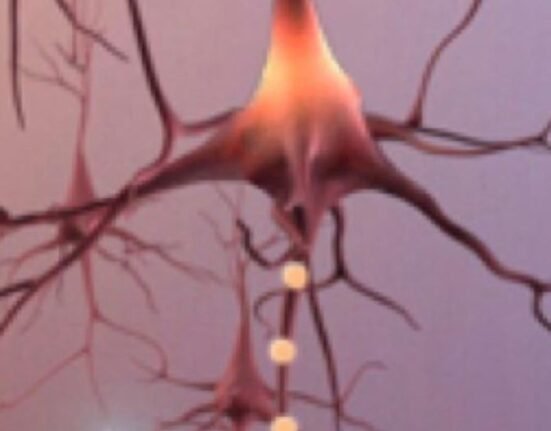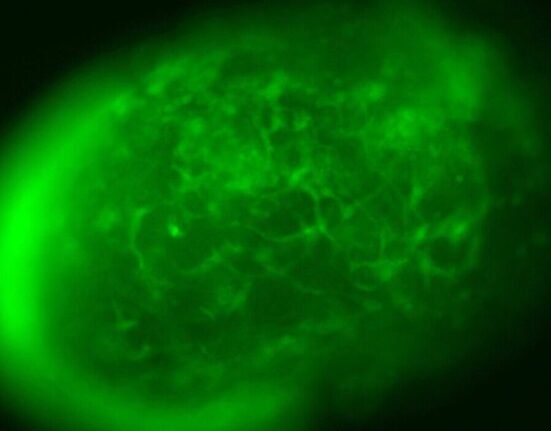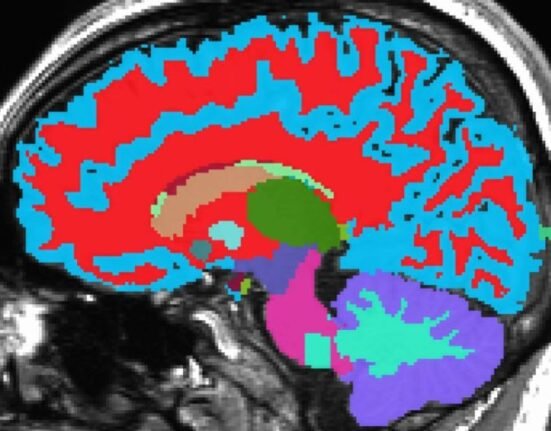HQ Team
October 19, 2023: Experiments conducted on young adult rats have established a link between Alzheimer’s and gut microbiota, according to a global study.
Microbiota refers to the various microorganisms, including many bacteria, viruses, fungi, and protozoa, present in the human body. They outnumber the number of cells present in humans.
Diet, antibiotics, and age can change gut microbiota, and various studies have shown the relationship between disorders of the microbiota and several diseases.
Disorders in microbiota development during the maturation of the immune system could lead to deteriorated immunological tolerance and autoimmune diseases.
Heterogeneous molecules produced by microbiota may induce immune response and stimulate inflammation or chronic tissue damage.
First-time transfer
“For the first time, researchers have found that Alzheimer’s symptoms can be transferred to a healthy young organism via the gut microbiota, confirming its role in the disease,” according to a statement from the Ireland-based University College Cork (UCC).
The study supported the emergence of the gut microbiome as a key target for investigation in Alzheimer’s disease due to its particular susceptibility to lifestyle and environmental influences.
It stated that the memory impairments in people with Alzheimer’s could be transferred to young animals through transplant of gut microbiota.
Alzheimer’s patients had a higher abundance of inflammation-promoting bacteria in faecal samples, and these changes were directly associated with their cognitive status.
“The memory tests we investigated rely on the growth of new nerve cells in the brain’s hippocampus region. We saw that animals with gut bacteria from people with Alzheimer’s produced fewer new nerve cells and had impaired memory,” said Prof Yvonne Nolan of the University College Cork.
Potential onset of symptoms
People with Alzheimer’s are typically diagnosed at or after the onset of cognitive symptoms, which may be too late, at least for current therapeutic approaches, she said.
“Understanding the role of gut microbes during prodromal – or early stage- dementia, before the potential onset of symptoms may open avenues for new therapy development or even individualised intervention,” Prof Nolan said.
Alzheimer’s is the most common cause of dementia — a general term for memory loss and other cognitive abilities serious enough to interfere with daily life. As our population ages, one in three people born today is likely to develop Alzheimer’s.
Donors of blood for the trials included 69 humans with Alzheimer’s disease and 64 healthy controls, with some from each group also providing gut microbiota from stool samples.
Gut microbiota from Alzheimer’s patients was transplanted into 16 young adult rats whose microbiomes had been depleted by antibiotics for a week. A matching group of 16 rats received gut microbiota from humans in the healthy control group.
Ten days after the transplants, the rats were subjected to behavioural tests designed to evaluate memory performance as well as other traits associated with Alzheimer’s disease.
Rats that had microbiome transplants from Alzheimer’s patients showed impaired memory behaviours, particularly those that rely on a process called adult hippocampal neurogenesis.
Hippocampus region
The hippocampus region creates new neurons in the hippocampus, a region of the human brain that’s important for memory and mood, and one of the first areas impacted by Alzheimer’s.
“Alzheimer’s is an insidious condition for which there is yet no effective treatment,” said Prof Sandrine Thuret, Professor of Neuroscience at King’s College London and one of the study’s senior authors.
“This study represents an important step forward in our understanding of the disease, confirming that the make-up of our gut microbiota has a causal role in the development of the disease.”
The research “has laid the groundwork for future research into this area, and my hope is that it will lead to potential advances in therapeutic interventions.” The study was published in Brain.
The current research aligned with UCC’s Futures Framework and the strategic plan for the University in the areas of Food, Microbiome and Health and the soon-to-be-launched Future Ageing and Brain Science, Prof John F. Cryan, UCC Vice President for Research and Innovation, said.









2 Comments